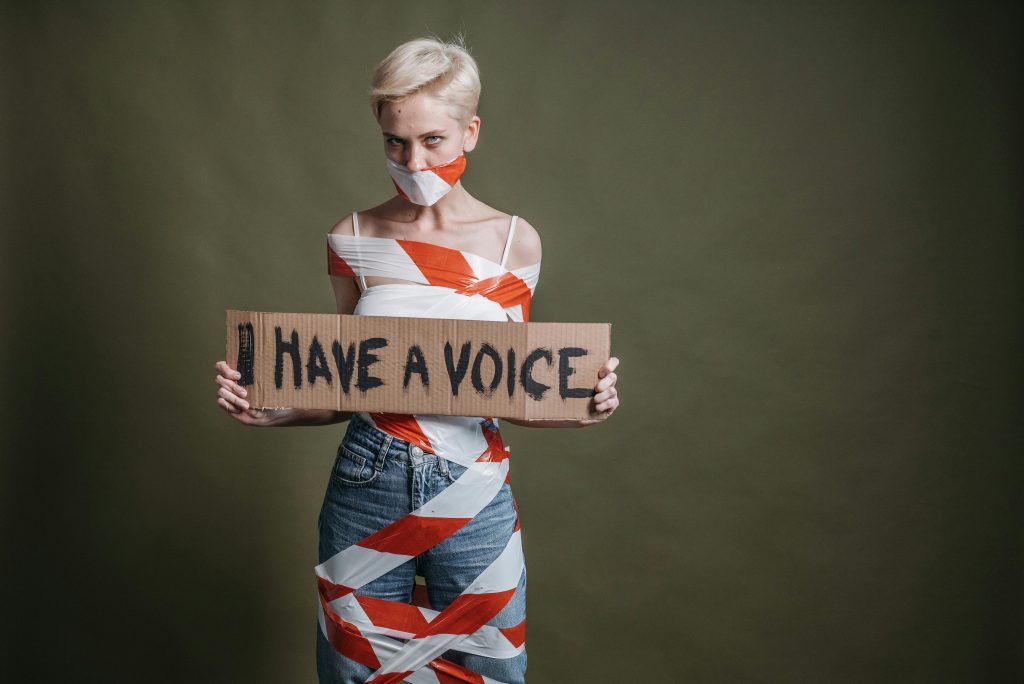
In moments when society feels fractured and violence seems to dominate the headlines, it’s easy to shrink back. To keep our heads down. To think, my voice doesn’t matter, or I don’t want to get involved.
But history shows us something else entirely: when women raise their voices—steadily, courageously, and with conviction—they don’t just add to the noise. They change the conversation. They open doors for peace, justice, and healing in ways that reverberate far beyond their time.
This is not about politics. It’s about humanity. About the power of individual women, across generations and continents, to stand against violence, to affirm life, and to refuse silence in the face of fear.
Today, as political violence feels closer than many of us would like, we can take strength and guidance from those who came before us. And we can reflect on how to own our voices now, not just to protect democracy, but to protect dignity, community, and the deeper purpose of being human.
History is full of examples of women who found their voices in the midst of violence—not because they were seeking attention or recognition, but because silence was no longer an option.
- Sojourner Truth, born into slavery, spoke out against the violence of oppression in the mid-19th century. Her words, “Ain’t I a Woman?” were not political slogans but a demand for recognition of humanity, dignity, and truth. She used her voice to bridge divides and remind others of their moral responsibility.
- Bertha von Suttner, an Austrian peace activist, wrote Lay Down Your Arms in 1889, a groundbreaking novel that exposed the futility and brutality of war. Her writing and her tireless advocacy shaped international peace movements and influenced Alfred Nobel to establish the Nobel Peace Prize.
- Leymah Gbowee, a Liberian social worker, led a nonviolent women’s movement in the early 2000s that played a decisive role in ending Liberia’s civil war. Muslim and Christian women, often divided by religion, united under her leadership to demand peace. Their voices became a force stronger than weapons.
- Malala Yousafzai, targeted for simply wanting to go to school, refused to be silenced by violence. Her voice, amplified after surviving an assassination attempt, has inspired millions worldwide to stand for education and human rights.
Each of these women lived in very different times and places. But they shared something essential: they recognized that silence was complicity. That speaking up, even when dangerous or unpopular, was the path to transformation.
Read the full article on Substack.com
Recent Comments